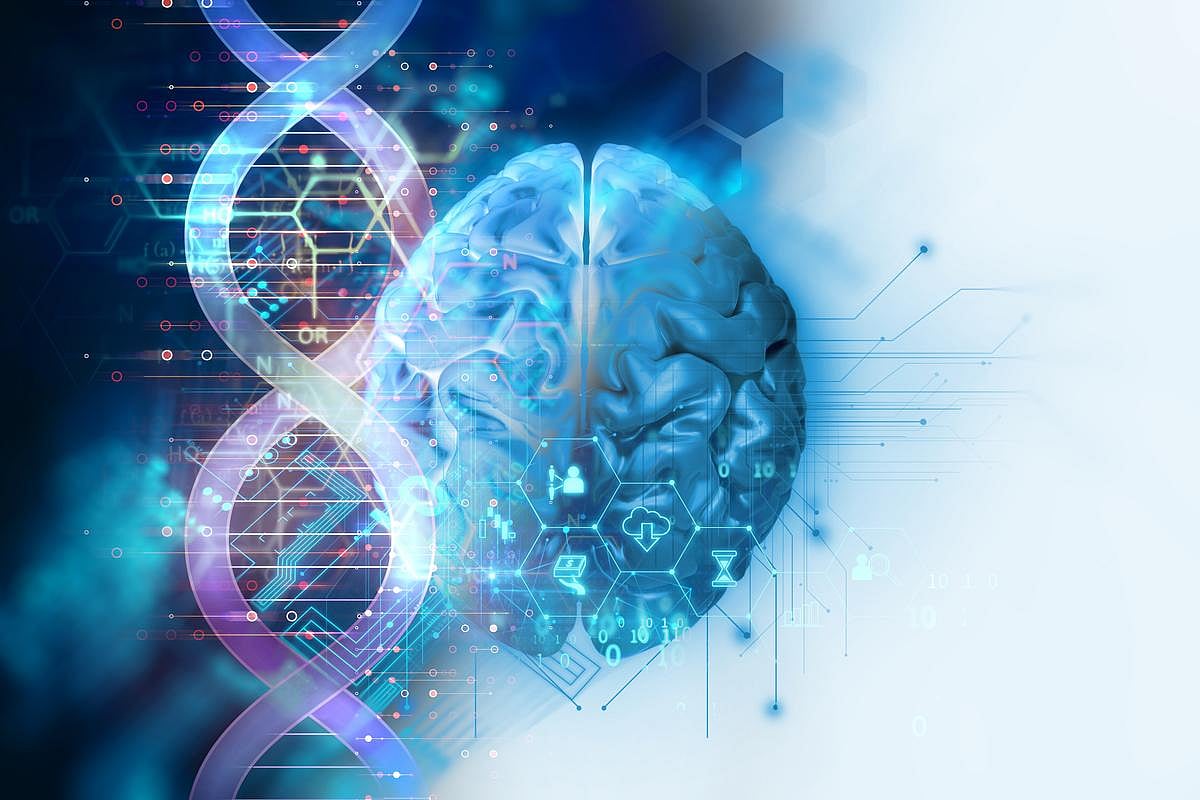Get Healthy!

- Denise Maher
- Posted January 17, 2025
Why Some Families Consider Brain Donation for Autism Research
Brain tissue samples are essential for scientific research, especially when it comes to brain disorders such as autism spectrum disorder.
Not surprisingly, samples are hard to get.
Despite the great need for brain tissue, donations remain rare and aren't easily collected.
In an article published in Dec. 2024 in the journal Frontiers in Neurology, researchers describe the critical role that brain tissue plays in autism scientific research.
The authors' explain what many families of people with autism know. “The basis for an individual's autism is not determined, the underlying biological mechanisms are poorly understood, and clinical care is often suboptimal,” they write.
Experts rarely understand the exact factors that contribute to autism, and there is much to learn about causes, diagnosis and treatment.
What's more, autism symptoms vary greatly. Anxiety, sleep problems, epilepsy and gastrointestinal problems are some common co-occurring conditions.
Noted in the study is Autism BrainNet, a program set up to educate autistic people and their families about the opportunity to donate brain tissue, the process, and the legacy for research created by individual donors.
Surprising facts about brain donation
It's a comforting process during a painful time for these families, according to David G. Amaral, Scientific Director of Autism BrainNet and Distinguished Professor at the UC Davis MIND Institute and Department of Psychiatry and Behavioral Sciences.
"Despite the grief of losing a loved one, we often hear from families that working with Autism BrainNet helps keep the memory of their loved one alive and builds on the legacy they leave," he said in a press release. "It brings something positive and hopeful to an otherwise traumatic event.
We encourage autistic people and their families to learn about brain donation before the end of life is imminent to reduce the stress of decision making," he said.
Autism comes from the brain, yet precise causes and mechanisms are poorly understood.
More research, including extensive research of brain tissues, is needed to better understand it.
As the study describes, analysis of postmortem brain tissue is the most direct way to study the brain at the cellular and molecular level, Amaral explained.
"It’s vital research that may someday inform new approaches for managing the disabilities of autism according to a person’s individual goals and abilities," which, he said, is part of the reason that Autism BrainNet maintains a 24/7 phone hotline and website to answer questions and explain what a family can expect from the postmortem donation process.
"Once consent for a donation is obtained, we handle all of the logistics (at no cost to families) and then store the gifted brain tissue in our state-of-the-art facilities," Amaral concluded.
More information
The UNITE Brain Bank has more on postmortem brain donation.
SOURCE: Autism BrainNet, news release, Dec. 2024.







